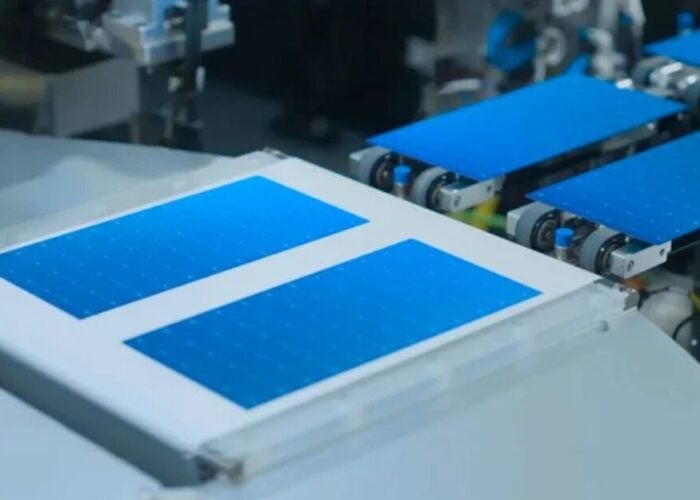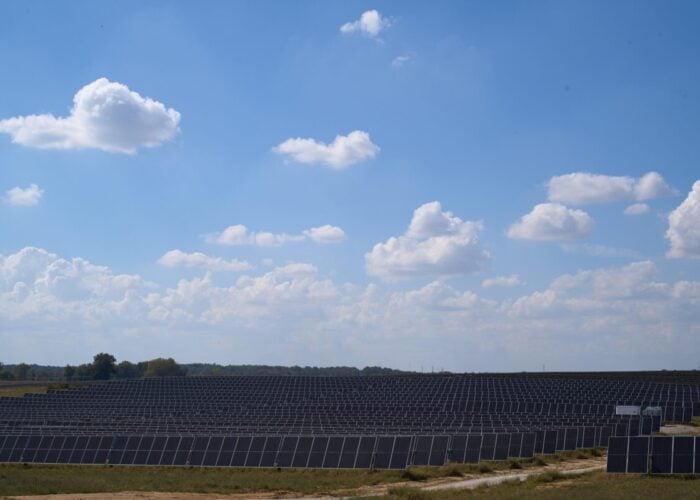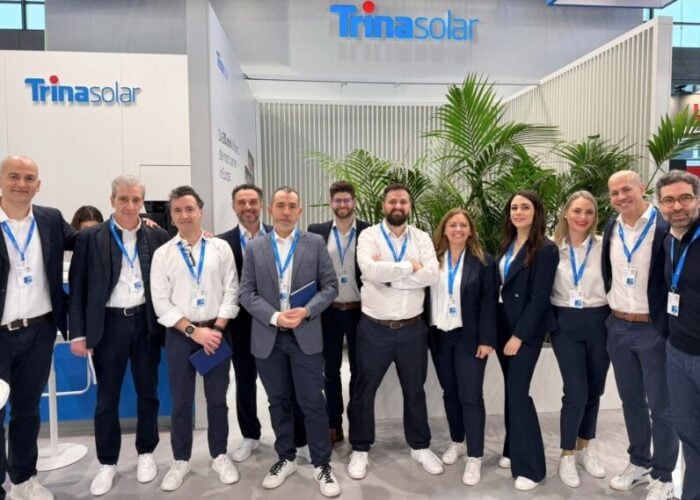A report by California’s utility commission that identified a growing financial burden for non-solar consumers in the state was biased from the outset, a solar power advocacy group has claimed.
The California Public Utilities Commission (CPUC) released a report claiming that consumers that do not have rooftop solar panels will pay an additional US$287 million for the upkeep of the grid every year by 2020.
Try Premium for just $1
- Full premium access for the first month at only $1
- Converts to an annual rate after 30 days unless cancelled
- Cancel anytime during the trial period
Premium Benefits
- Expert industry analysis and interviews
- Digital access to PV Tech Power journal
- Exclusive event discounts
Or get the full Premium subscription right away
Or continue reading this article for free
The Vote Solar advocacy group has claimed that the report’s design meant that the findings were skewed against the technology.
“Solar used on-site places no burden on the utility system. It simply means that you’re buying less power from the utility and avoiding use of the grid altogether,” wrote Susannah Churchill on the group’s blog.
“…It certainly isn’t relevant for an analysis of solar’s grid impacts, which is why prior CPUC cost-benefit analyses of net metering never included it. The inclusion of energy consumed on-site inaccurately skewed the draft study’s results to show more costs associated with net metering.”
The CPUC report, compiled by the consultancy Energy and Environmental Economics (E3), found the total cost of net metering in California would hit US$1.1 billion by 2020.
E3 counts many of the largest utility firms in the US among its client base.
Net metering allows households to self-consume and receive credit on their electricity bill for any excess power that they export onto the grid, effectively rolling back their meter.
“So what we have here is a study that was stacked against solar from the start. The truth is that solar delivers widely recognised benefits to solar and non-solar customers alike,” continued Churchill.
Grid operators and utilities argue that this means solar users contribute less to the upkeep of the distribution network.
Efforts are underway in a number of states, including Arizona, Vermont and Colorado to overturn net metering policies.
Vote Solar claims its analysis showed a US$92 million cost-benefit to the Californian grid from rooftop solar.
One-third of US solar installations in 2013 so far have been in California.






